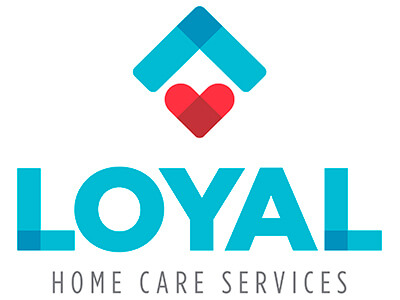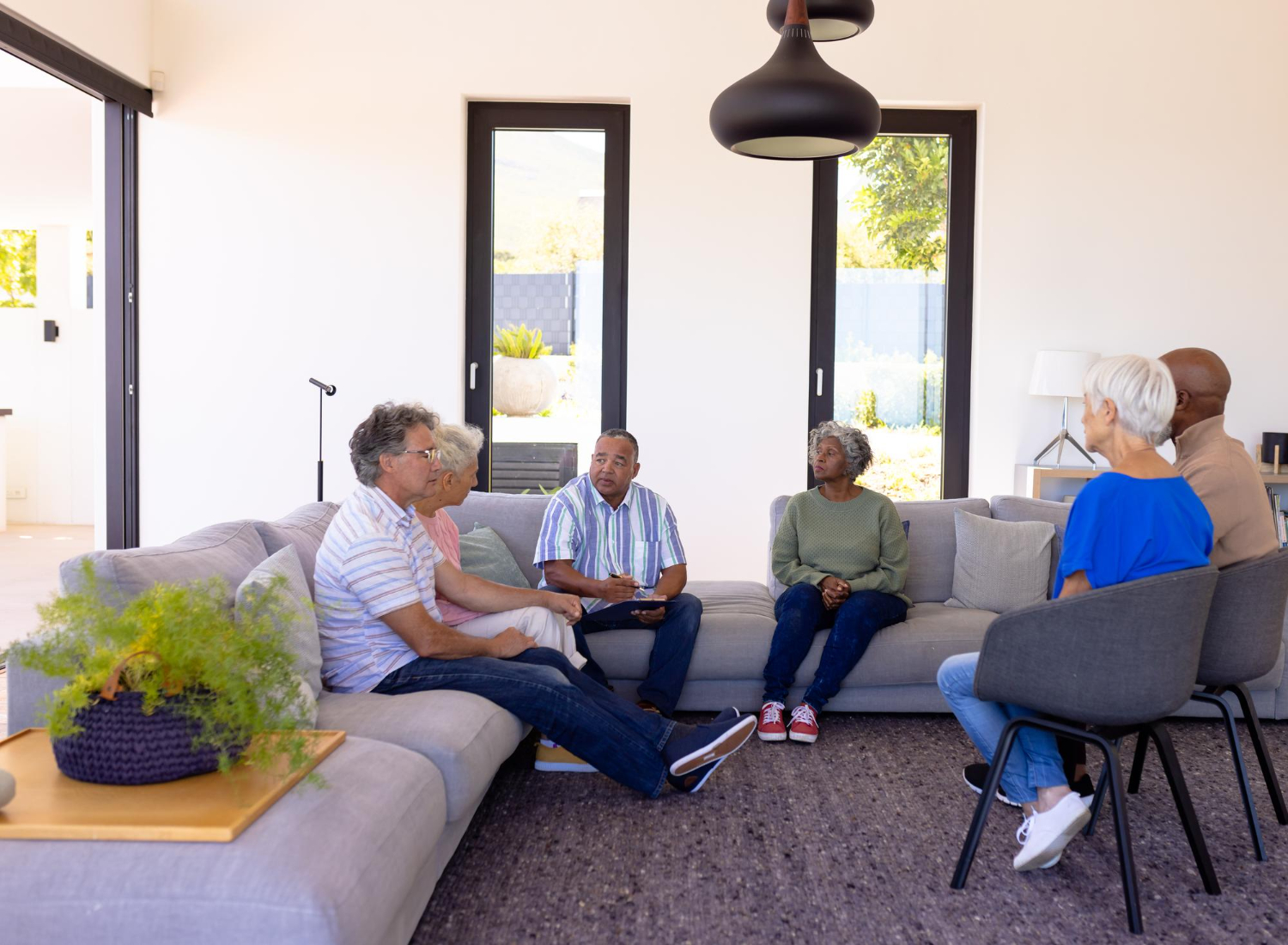The landscape of long-term care is evolving. In Worcester and beyond, the old binary choice between struggling alone at home or moving to a large nursing facility is being replaced by a spectrum of innovative, person-centered living options. At the heart of this revolution are two key models: Adult Foster Care (AFC) and group homes. These options represent the future of care—a future focused on community, dignity, and individualized support within a true home environment. For Worcester residents, understanding this evolving landscape is key to making empowered decisions for their loved ones.
Adult Foster Care (AFC) in Worcester is a uniquely personalized model. It involves an individual (often an elder or an adult with a disability) moving into a approved caregiver’s private home. This isn’t a clinical setting; it’s a family setting. The resident becomes part of the household, receiving 24/7 supervision, personal care, meals, and most importantly, companionship. The caregiver is trained and supported by an agency, and often a family member can become the paid caregiver. The AFC model’s strength is its intimacy and flexibility, offering a cost-effective and emotionally fulfilling alternative that feels less like “care” and more like “family.”
For individuals who need a higher level of structure or specialized medical oversight, group homes in Worcester provide a crucial solution. Often called residential care homes, these are larger, professionally staffed homes designed to serve a small group of residents, typically between 3 to 10 people. They offer private or semi-private rooms with shared common areas. Group homes provide a consistent routine, organized activities, and licensed nursing oversight that can manage more complex medical needs than a standard AFC home. They are ideal for those who benefit from a more social environment and require a dedicated staff team working in shifts.
The future of these models in Worcester is one of integration and specialization. We are seeing a rise in group homes that specialize in specific conditions, such as memory care for Alzheimer’s patients or homes designed for adults with developmental disabilities. The line between AFC and group homes is also blurring in positive ways, with some agencies offering a network of AFC homes that share resources, activities, and professional support, giving residents the best of both worlds: a small-family setting with a broader community and clinical backup.
Technology will also play a key role, with remote monitoring and telehealth services enhancing safety without sacrificing privacy. The core principle, however, will remain unchanged: care is best delivered in a small, homelike setting within the community. As Worcester continues to grow, the demand for these compassionate, community-based options will only increase. By investing in and expanding AFC and group home networks, we are building a future where every individual has access to a home that offers not just care, but genuine connection and belonging.




